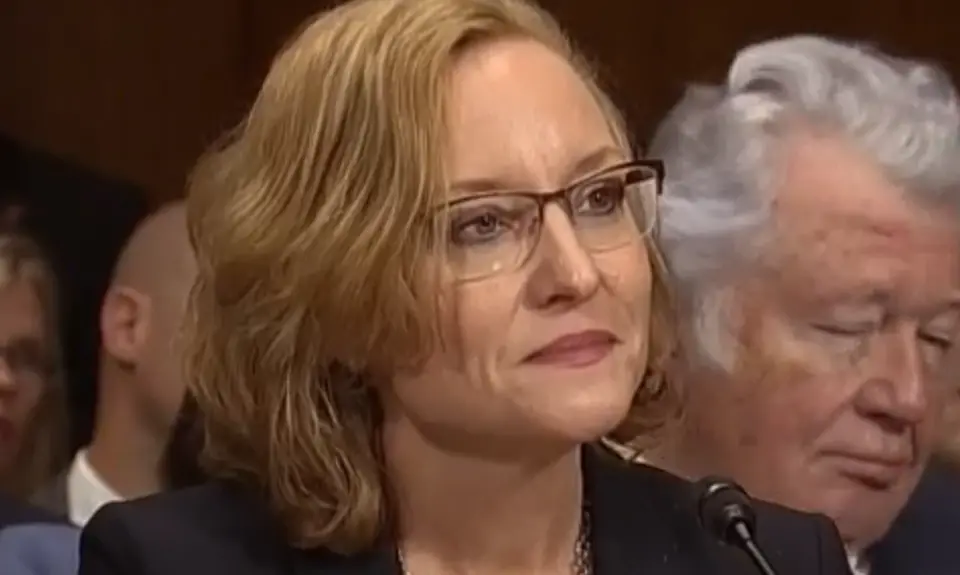“Confirmed Judges, Confirmed Fears” is a blog series documenting the harmful impact of President Trump’s judges on Americans’ rights and liberties. Cases in the series can be found by issue and by judge at this link.
Trump Sixth Circuit judge Joan Larsen wrote a 2-1 ruling, which was joined by Trump judge Chad Readler, that affirmed a lower court judgment that a school bus company was not liable for severe injuries suffered by a 13 year-old boy when a school bus improperly left his bus stop early and failed to pick him up. The August 2020 decision is A.K. v. Durham School Services.
Around 6:30 one October morning, when it was still dark, 13-year-old A.K. went to his bus stop in Bartlett, Tennessee to be picked up for middle school by a bus operated by Durham school services. He quickly learned that the bus had arrived early and left the stop seven minutes before his scheduled pick-up. He ran home, shouted that he was getting his bike to ride to school, but was hit and seriously injured by a truck on his way to school.
A.K.’s parents, the Kochers, sued both the truck driver and Durham, contending that the company was negligent for not taking steps, pursuant to its own internal policies and procedures, to ensure that the bus driver waited until the scheduled pick-up time before leaving the stop. The truck driver settled, and Durham removed the case against it to federal court.
At trial, the lower court refused to allow the Kochers to introduce important evidence, including Durham’s internal procedures that made clear that drivers should not leave bus stops before scheduled pick-up times, plus expert witness and other testimony on the subject. Although the jury found that Durham was partly at fault, it also found that its degree of fault was less than that of the Kochers, and judgment was entered for Durham. A.K.’s parents appealed.
In her opinion joined by Readler that affirmed the judgment, Judge Larsen agreed that this was a “tragic case.” She also did not reach a decision on whether the excluded evidence would have been relevant and admissible under Tennessee state law. Instead, she held that even if the evidence was pertinent and admissible, A.K.’s parents had failed to prove that the erroneous exclusion of the evidence “affected their substantial rights.” Larsen believed that any error was “harmless” and so affirmed the lower court ruling.
Judge Eric Clay strongly dissented. He began by explaining why the exclusion of the evidence was “clearly in error” and may well have been “misleading” to the jury. This was because the lower court did allow two Durham employees to testify generally about its “expectations” of drivers while excluding important evidence that would have allowed the Kochers to “test the truth” of that testimony and prove that the bus driver was aware of Durham’s policies and that the company “inadequately trained and supervised” the driver. The exclusion clearly affected the “substantial rights” of the Kochers, Clay went on, and it was not possible to “say, with fair assurance,” that the judgment was not “substantially swayed” by the lower court’s error, which Clay explained was the proper test for determining if the error was harmless..
Overall, Clay concluded, the lower court “deprived” the Kochers of a fair trial by excluding crucial evidence, and they are “entitled to a new trial to present their full case to a jury and to seek recovery for A.K.’s tragic accident.” As a result of the decision by Larsen and Readler, however, that will not happen.
